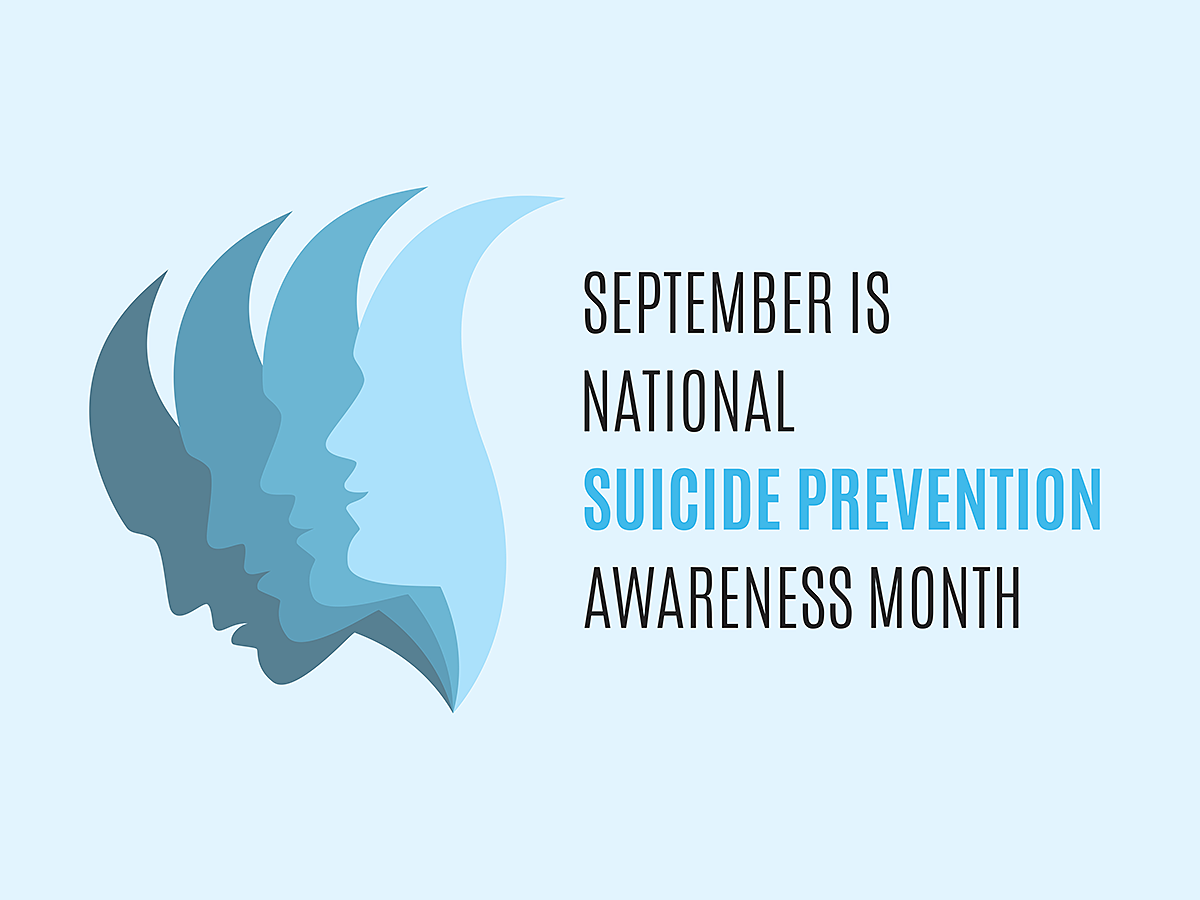Learn the signs that indicate someone is at risk for suicide
 Today’s generation of teens struggle with a unique set of challenges. Growing up in the age of social media, in the aftermath of a global pandemic, all while juggling academics and relationships can be overwhelming. The urgent need to help teens is clear. Suicide among teens has risen dramatically in the past 15 years and is now the second-leading cause of death for teens and young adults in the United States, according to the National Library of Medicine.
Today’s generation of teens struggle with a unique set of challenges. Growing up in the age of social media, in the aftermath of a global pandemic, all while juggling academics and relationships can be overwhelming. The urgent need to help teens is clear. Suicide among teens has risen dramatically in the past 15 years and is now the second-leading cause of death for teens and young adults in the United States, according to the National Library of Medicine.
Teen suicide is preventable. Knowing the risk factors can be an important step in preventing it.
Anxiety can be the beginning of mental health struggles that become increasingly difficult to manage. A variety of factors can put teens at a higher risk for anxiety, including:
- Life stressors. If a teen is under intense pressure from school’s rigor, performance in extra-curriculars or family or relationship issues.
- Self-identity. If a teen is struggling with sexuality or gender identity issues.
- Family history. If a teen’s family has a history of anxiety disorders.
- Trauma. If a teen has experienced traumatic experiences.
Left untreated over long periods of time, anxiety can lead to depression and puts teens at risk for suicide. To intervene before it’s too late, know the common signs that a teenager is struggling with thoughts of suicide.
Warning signs of distress can include:
- Uncontrollable worrying or distress about all things, big or small
- Persistent sadness or hopelessness
- Loss of interest in hobbies
- Persistent irritability and restlessness
- Difficulty concentrating
- Withdrawing from family and friends
- Drastic changes in sleep
- Talking about dying or wanting to die
If a young person in your life is showing signs of distress, ask them whether they’re having suicidal thoughts. Studies show that asking them directly about suicide will not increase their risk or plant the idea. Instead, it shows that you care enough to offer support. Listen and engage in a caring, concerned, supportive manner.
You can help save a life. Get help for a young person in your life who may be struggling with a mental health issue.
